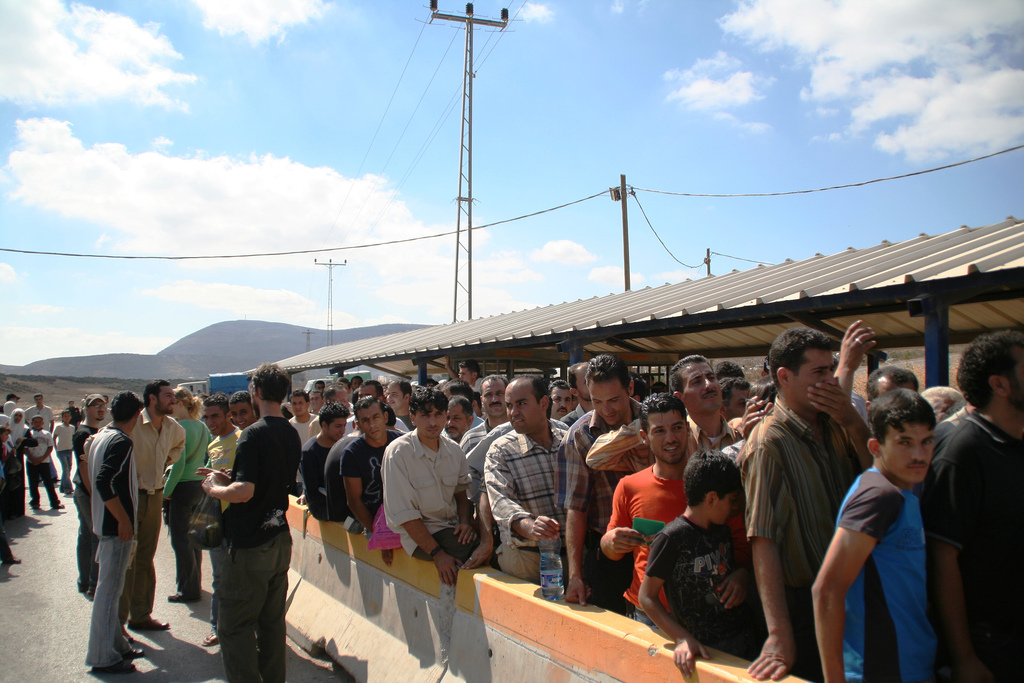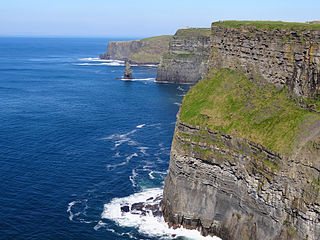
The Alaska Model: a citizen’s income in practice
Basic income is a regular unconditional cash grant paid to all citizens without any means test or work requirement. It’s often dismissed as a utopian idea.
However, a basic income, or something very close to it, exists today in Alaska. It’s called the Permanent Fund Dividend (PFD) or sometimes “the Alaska Dividend.”
The PFD has been paying annual dividends to Alaskans since 1982 with no conditions except citizenship, residency, and the willingness to fill out a form. After following the Alaska Dividend since 1999, and I want to share six lessons that supporters of progressive economic policy should learn from what I call “the Alaska model,” but first some basic background.
In 1956, Alaska ratified a constitution recognizing joint ownership of unoccupied land and natural resources. In 1967, North America’s largest oil reserve was discovered in state owned areas on Alaska’s North Slope. In 1976, a state referendum created the Alaska Permanent Fund (APF), a portfolio of diversified assets, into which the government would invest a small part of the state’s oil revenue each year as a way to turn the temporary stream of oil money into permanent wealth. Back then, the state had no plan for what to do with the APF. In 1982, the state government finally decided to distribute part of the returns from that fund as a yearly dividend, and the Alaska model was born. The APF continues to rise with yearly deposits from oil revenue, and it goes up and down with the financial markets.

India and China in Central Asia: different game plans for securing energy
The much hyped energy rivalry between India and China has seemingly played a part in the new great game in Central Asia. Popular media laments India’s sluggishness in following China’s footsteps. However, upon closer examination, the two countries aren’t quite playing the same game; their motivations and limitations with regard to Central Asia are different, a fact that is often ignored in surface comparisons.

Davids Versus Goliaths: Can Palestinians, Greeks and Cypriots apply the same solutions to similar bargaining problems?
Like the queues in Qalandyia checkpoint and those in front of Laiki Bank, the demonstrations in Nabi Saleh and those in Syntagma Square seem worlds apart. And they are – a military occupation cannot be compared with austerity measures.
However, even though there are many differences between the daily lives of Palestinians and Hellenic nations, they face similar bargaining problems and decisions towards the current status quo. In order to consider if they could apply similar solutions to strive for a brighter future, drawing comparisons between these two situations might help us better comprehend the similar bargaining problems they face.

Growth vs Equity: What the John Lewis strike says about outsourcing and employee ownership
John Lewis’s outsourced cleaners are striking for a living wage. You might be inclined to file that under obvious – where in the world are cleaners not outsourced and underpaid? With John Lewis, though, it points to an important general problem with the viability of employee ownership of businesses (for readers outside Britain, the John Lewis Partnership is owned by its 81,000 employees; it is a successful operator of department stores and supermarkets, and its annual profit-sharing bonus for employees is widely reported in the media).
Since the 1950s, economists have speculated that a profitable employee-owned business would not grow as much as the same business would if it were owned by capitalists, because the incumbent workers would not want to dilute their individual shares of profits by adding new worker-owners. This argument is known as the Illyrian Model, for reasons to do with the name of a province of the Roman Empire and the practice of worker-self management in Communist Yugoslavia, but that’s a story for another time. Within a capitalist economy, workers who happen to own their business can try to have the best of both worlds. By hiring non-owner employees whenever an opportunity for growth presents itself a two-tier system is produced – owners and non-owners – and this has been widely seen as leading to the degeneration of the worker-owned company, marking its gradual descent into capitalist ownership. Notice that the Illyrian model is both a prediction about the fate that will befall worker-owned enterprises (they will either stay small, or stop being worker-owned), and an explanation for why worker ownership is not more widespread.
John Lewis has long been seen as an important counter-example to the Illyrian model, a case which casts doubt on the economists’ gloomy prediction.

Getting involved with the policy commission on UK wealth distribution
The University of Birmingham established a Policy Commission on the Distribution of Wealth in September of last year to bring leading figures from the public, private and third sectors together with Birmingham academics to generate new thinking on this issue. We published Wealth inequality: key facts in December to stimulate debate and then identified a number of key questions about the nature of any ‘problem’ of wealth inequality. As one of those working on this project, I would like to set out the questions it is raising, put the call out for responses and invite readers to attend the two public debates we are holding after our evidence-gathering phase, which runs until the end of March. We plan to launch the findings of the Commission in October in the House of Lords. Details on how to get in touch are at the end of this piece. [This is the first of three pieces exploring wealth distribution in Britain. It sits within our Democratic Wealth debate, in partnership with OurKingdom]

Taking Back the Economy: The market as a Res Publica
Republicans seek to protect and promote individual freedom. So do libertarians of the right. The difference? Republicans recognise that the market is constructed through political, public action. Freedom in the republican tradition requires enjoyment of the fundamental liberties with the security that only a rule of law can provide. You must be publicly protected and resourced in such a way that it is manifest to you and to all that under local (not unnecessarily restrictive) conventions: you can speak your mind, associate with your fellows, enjoy communal resources, locate where you will, move occupation and make use of what is yours, without reason for fearing anyone or deferring to anyone. You have the standing of a liber or free person; you enjoy equal status under the public order and you share equally in control over that order. [This post is part of the Democratic Wealth series, hosted by Politics in Spires in partnership with Our Kingdom.]

America’s Fiscal Cliff: The first of many?
The American president has signed the bill drafted by Democratic and Republican leaders, which allows the United States to avoid “fiscal cliff”. The solution adopted by the Congress does not, however, solve the problem, but only touches some of its elements (tax policies) and postpones dealing with the others (cuts in governmental spending) for a few weeks. So who won in this dramatic battle, fought late into the first night of the New Year? Choosing the winner depends on one’s point of view, but no matter the viewpoint we take, one thing seems to be certain – the national interest has lost.

China’s Positive Spin on Africa
The lightning growth of Chinese media is part of the dramatic expansion of the presence of Chinese diplomats, peacekeepers, commercial actors (state-owned or private) and ordinary citizens that has been transforming the African continent in the last 10-15 years.









